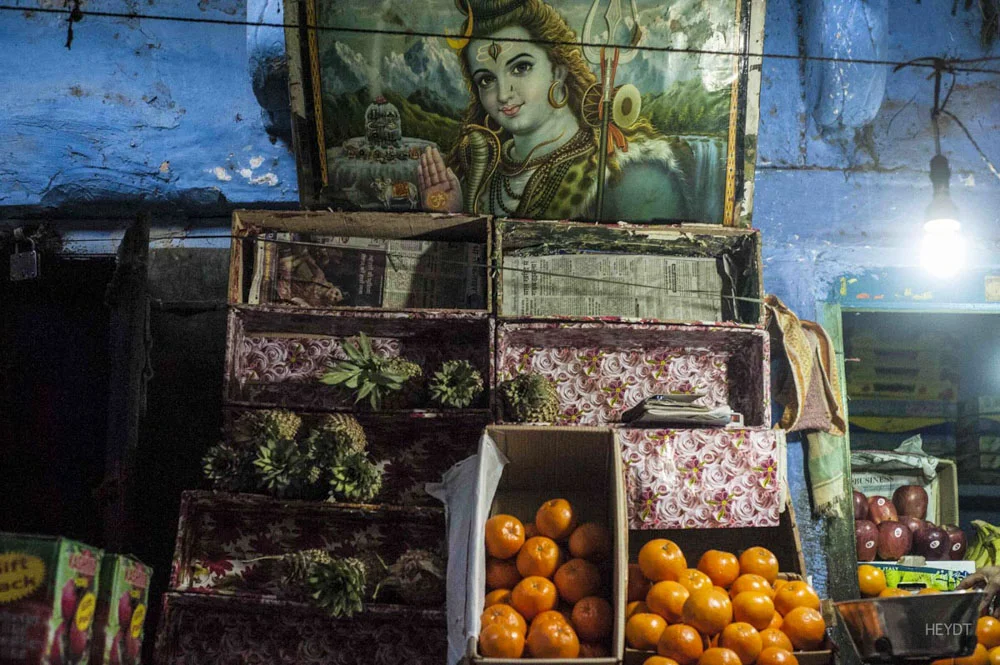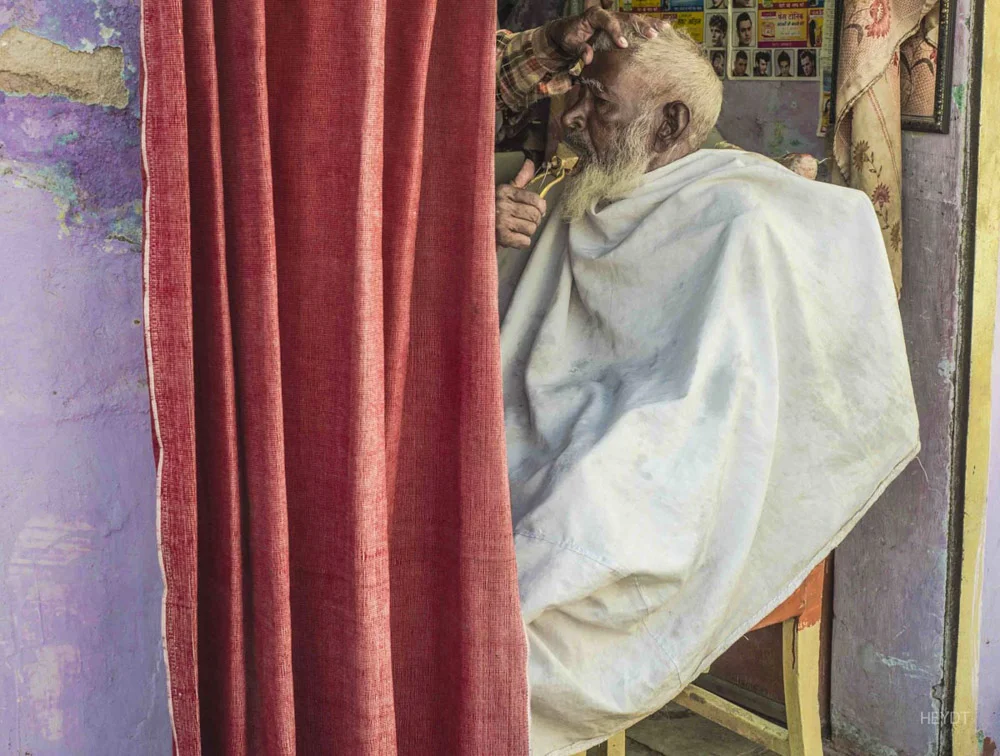
A Desirable Life: Losers of globalization
The vices of the first world are the burden of the third. Globalization has moved forward unevenly and no-one can say where this "New Frontier" is leading us. As the myth of progress continues to perpetuate inequality, oppression and violence, the social landscape becomes increasingly fractured. Over the past thirty years, we have witness the relationship between capital and labor growing increasingly estranged, and living standards falling with the deindustrialization and the outsourcing of labor to less developed nations. These material inequalities are symptoms of a world reduced to the bottom line, one defined by patterns of peace and war, material inequalities and transnational divisions of labour handicapped by its own historical/institutional (dis)placement. The violence of globalization is both economic and cultural. In integrating the singularity of forms (languages, culture, etc) within a culture of difference, the universal is bound to reject and marginalize.
The LOSERS OF GLOBALIZATION delves into the intricate web of global disparities, where the luxuries of the first world impose the weight of hardship on the third. The trajectory of globalization advances unevenly, and amidst this uncertainty, the concept of a "New Frontier" looms, its ultimate destination uncertain. As the myth of progress persists, so too do the shadows of inequality, oppression, and violence, causing fractures across the social landscape.
Across a span of three decades, a disconcerting trend emerges: the expanding gap between capital and labor, exacerbated by the decline of living standards due to deindustrialization and the outsourcing of labor to less developed nations. These disparities in material wealth act as manifestations of a world distilled to its financial core—a world defined by alternating cycles of peace and conflict, stark material imbalances, and a global division of labor. This world remains confined by its historical and institutional constraints.
The violence embedded within globalization takes on both economic and cultural dimensions. The integration of unique cultural expressions into a world of diversity sparks friction, as universality often spurns and marginalizes. Amidst the tension of seeking unity while acknowledging distinctiveness, fractures emerge, laying bare the intricate facets of our interconnected global reality.























































